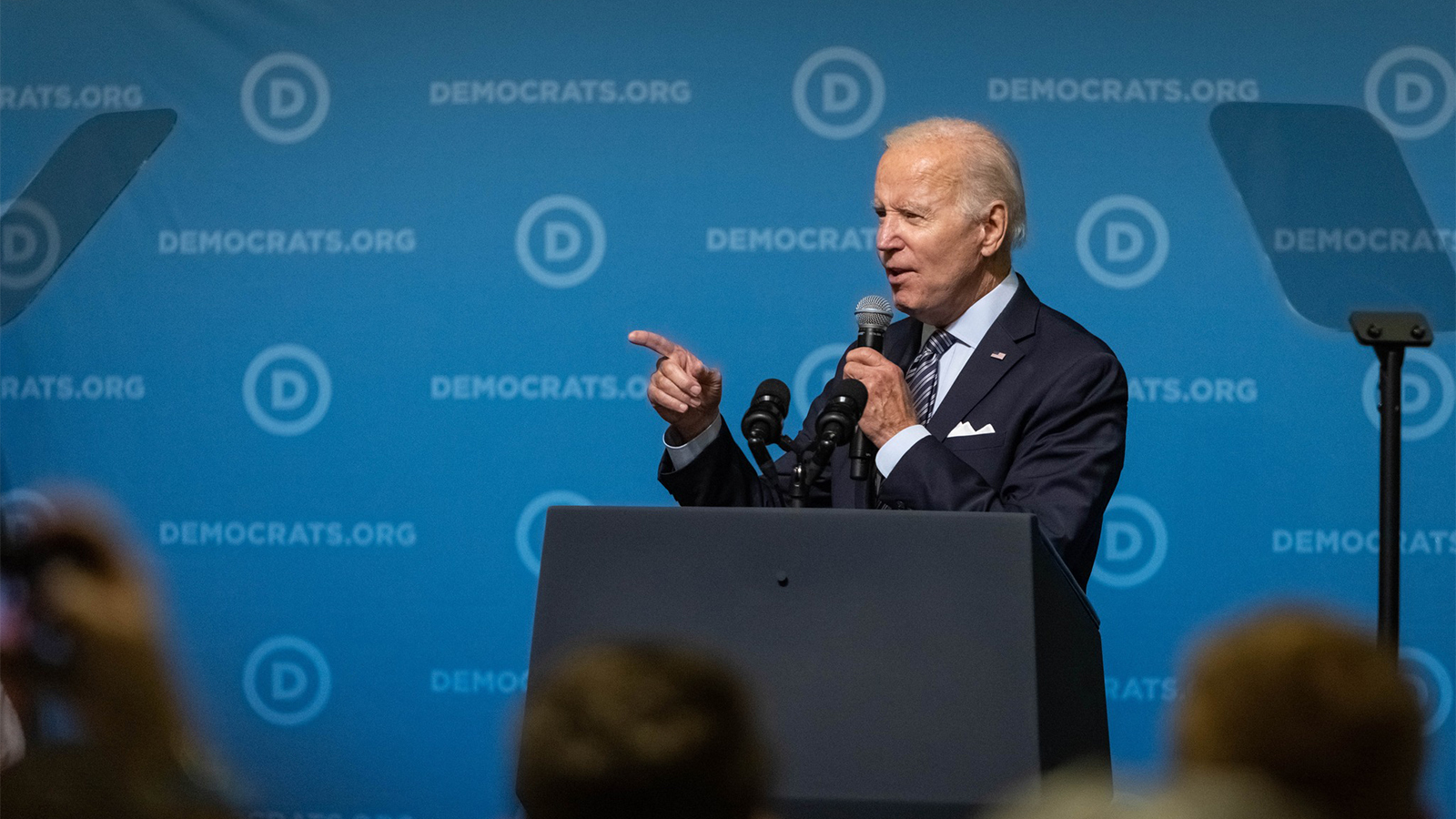Georgia’s average gas prices are currently $3.26, slightly up from $3.21 a month ago | Facebook | Joe Biden
Georgia’s average gas prices are currently $3.26, slightly up from $3.21 a month ago | Facebook | Joe Biden
A week after OPEC announced its decision to slash cut back on oil production by 2 million barrels per day, White House Press Secretary Karine Jean Pierre addressed questions about the administration’s plans to respond to OPEC’s decision and its ramifications for the US gas supply.
This drastic decrease in supply comes as Georgia has seen gas prices hover consistently around record levels, with President Joe Biden’s administration working to steady the volatile prices.
“We believe the decision that OPEC+ made last week was a mistake and it was short-sighted….the President has talked about recalibrating, readjusting our relationship with Saudi Arabia,” Pierre said in a recent press release.
Georgia’s average gas prices are currently $3.26, slightly up from $3.21 a month ago, the American Automobile Association reports. According to Center Square, the constriction of potential new sources of oil under President Biden’s administration has led to significant jumps in gas prices.
“We are all living the consequence: outrageously high prices and growing shortages,” Daniel Turner, executive director of the energy workers advocacy group, Power the Future, told Center Square.
Following the significant cut in oil production last week, OPEC announced that it was reducing its forecasts for oil demand by 460,000 barrels per day, citing a dangerously unpredictable world economy as its reason for doing so, MarketWatch reports.
The current levels of U.S. oil reserves in the Strategic Petroleum Reserve stocks have been depleted by more than 33% in the past 12 months.
According to Politico, President Biden has plans to further tap into American oil reserves, with plans to authorize the release of up to 15 million more barrels before the end of the year. This authorization is a direct response to OPEC’s recent decision to slash production but is also consistent with a long-term struggle to drive down the price of oil.
The tension between the United States and Saudi Arabia was deepened by the fact that the United States requested that the massive production cut be delayed for another month, according to a report by the Wall Street Journal. Saudi officials claimed that the reason for the request was nothing deeper than an attempt to keep public sentiment positive on the eve of midterm elections.






 Alerts Sign-up
Alerts Sign-up